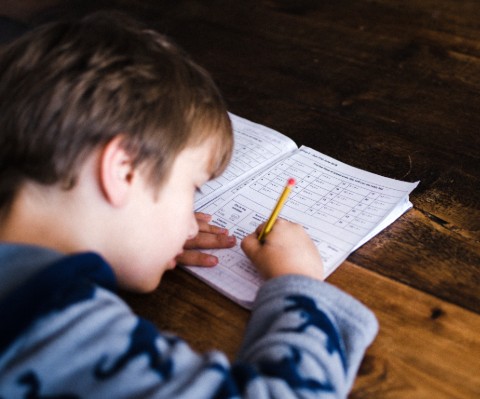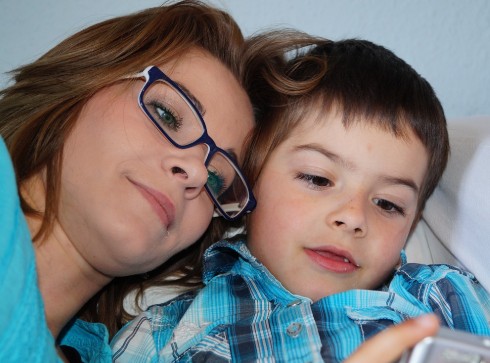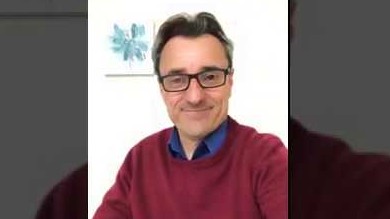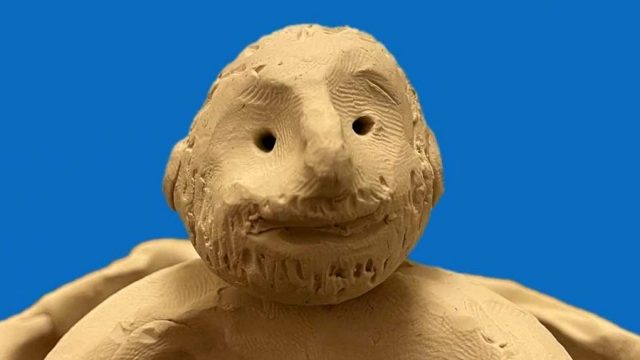Finding the Answer

Until 2016, I did not know such words as dyslexia, dysgraphia, and dyscalculia. I had a wonderful, cheerful and good-natured son, as it seemed to me that he did not differ at all from other children.
The only thing that bothered me was my son’s studies. He was inattentive, and when reading confused the ending of words or completely replaced some words with others.
When writing, he began the sentence with a small letter and did not put periods at the end of the sentence, confused letters when writing and made many mistakes, and just did not keep up with the class. We had to redo the class work at home, and what surprised me was that even after rewriting the work my son still had a lot of mistakes.
Solving math problems had also become a real problem.
After testing with a psychologist, it turned out that my son had dysgraphia, dyslexia and ADHD.
And it began: neuropathologists, psychologists, speech therapists, speed reading classes. I hired a primary school teacher, thinking at the same time: “Maybe my son just doesn’t understand me?” But the results were so insignificant that my son once asked me: “Mom, why am I studying much more than my classmates, but studying the worst?” A thought flashed through my mind: “Maybe I’m doing something wrong?”
In search of an answer to my question, I found information about the Davis method and decided to give it a try.

After 30 hours of classes, my son became completely different. The first thing that changed was self-esteem, it just took off and my son believed in himself. Grades began to improve, but we still had to do the post-program work. We worked a lot at home following the recommendations that our facilitator gave us, but now I at least knew what was happening with my son, how I could help him and how I could communicate with him so that he could understand. This program was the only thing that turned out to be effective.
After that, I and the primary school teacher, who was working with my son, were trained according to the Davis method and became licensed Davis providers. And now, when the parents of children like my son come to me, I know how to help their children.
Our center is called “Donum”, which means “gift” in Latin, because it is a real gift to be a dyslexic. Such children just need a different approach and a special teaching technique that can help solve existing problems and make learning interesting and successful.
This article has been translated from the original Russian.
The photos on this page are stock images.; they do not depict the author or her son. The photographers are (1) Annie Spratt and (2) Marcela









